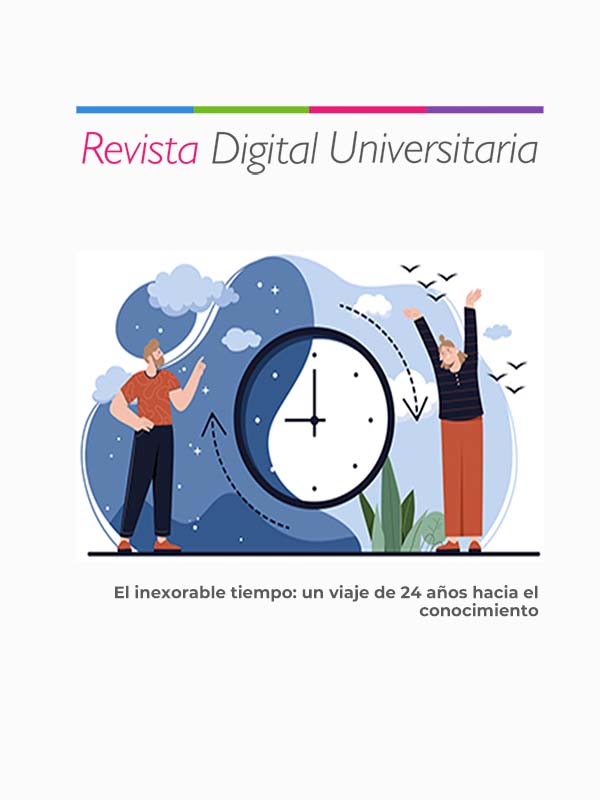Exploring nuances: personalized and adaptive learning in digital Education
DOI:
https://doi.org/10.22201/cuaieed.16076079e.2024.25.1.10Keywords:
personalized instruction, student centered learning, educational technology, instructional material adaptationAbstract
The adaptation of digital learning environments and the personalization of learning are goals that are present in several educational models and technologies; this is reflected in the fact that the terms “personalized learning”, “adaptive learning” and “adaptative learning” are popular in the specialized literature. However, it is common for these terms to be used interchangeably. In this work, a review of the use of the three expressions is carried out, as well as of educational models and learning environments based on the adaptation of educational content, navigation and learning routes, interfaces and feedback. A new educational paradigm is identified that strengthens student-centered models that, together with the adaptability offered by advanced technologies, promote schemes for the personalization of learning.
References
Bicknell, K y Brust, C. (7 de octubre de 2020). Learning how to help you learn: Introducing Birdbrain! Duolingo blog. https://blog.duolingo.com/learning-how-to-help-you-learn-introducing-birdbrain/.
Cosyn, E., Uzun, H., Doble, C., y Matayoshi, J. (2021). A practical perspective on knowledge space theory: ALEKS and its data. Journal of Mathematical Psychology, 101, 102512. https://doi.org/10.1016/j.jmp.2021.102512.
Dascalu, M.-I., Nitu, M., Alecu, G., Bodea, C.-N., y Moldoveanu, A. D. B. (2017). Formative Assessment Application With Social Media Integration Using Computer Adaptive Testing Techniques. En L. O. Campbel y R. Hartshorne (Eds.), Proceedings of the 12th International Conference on E-Learning (icel 2017) (pp. 56-65).
Delgado Martínez, L. M. (2019). Aprendizaje centrado en el estudiante, hacia un nuevo arquetipo docente. Enseñanza Teaching: Revista Interuniversitaria De Didáctica, 37(1), 139–154. https://doi.org/10.14201/et2019371139154.
Kolekar, S. V., Pai, R. M., y Pai M.M., M. (2018). Adaptive User Interface for Moodle based E-learning System using Learning Styles. Procedia Computer Science, 135, 606–615. https://doi.org/10.1016/j.procs.2018.08.226.
Shemshack, A., y Spector, J. M. (2020). A systematic literature review of personalized learning terms. Smart Learning Environments, 7(1), 33. https://doi.org/10.1186/s40561-020-00140-9.
Suleman, R. M., Mizoguchi, R., y Ikeda, M. (2016). A New Perspective of Negotiation-Based Dialog to Enhance Metacognitive Skills in the Context of Open Learner Models. International Journal of Artificial Intelligence in Education, 26(4), 1069–1115.https://doi.org/10.1007/s40593-016-0118-8.
Xie, H., Chu, H.-C., Hwang, G.-J., y Wang, C.-C. (2019). Trends and development in technology-enhanced adaptive/personalized learning: A systematic review of journal publications from 2007 to 2017. Computers Education, 140, 103599. https://doi.org/10.1016/j.compedu.2019.103599.
Published
Issue
Section
License
Copyright (c) 2023 Revista Digital Universitaria

This work is licensed under a Creative Commons Attribution-NonCommercial-ShareAlike 4.0 International License.

Revista Digital Universitaria es editada por la Universidad Nacional Autónoma de México se distribuye bajo una Licencia Creative Commons Atribución-NoComercial 4.0 Internacional. Basada en una obra en http://revista.unam.mx/.










